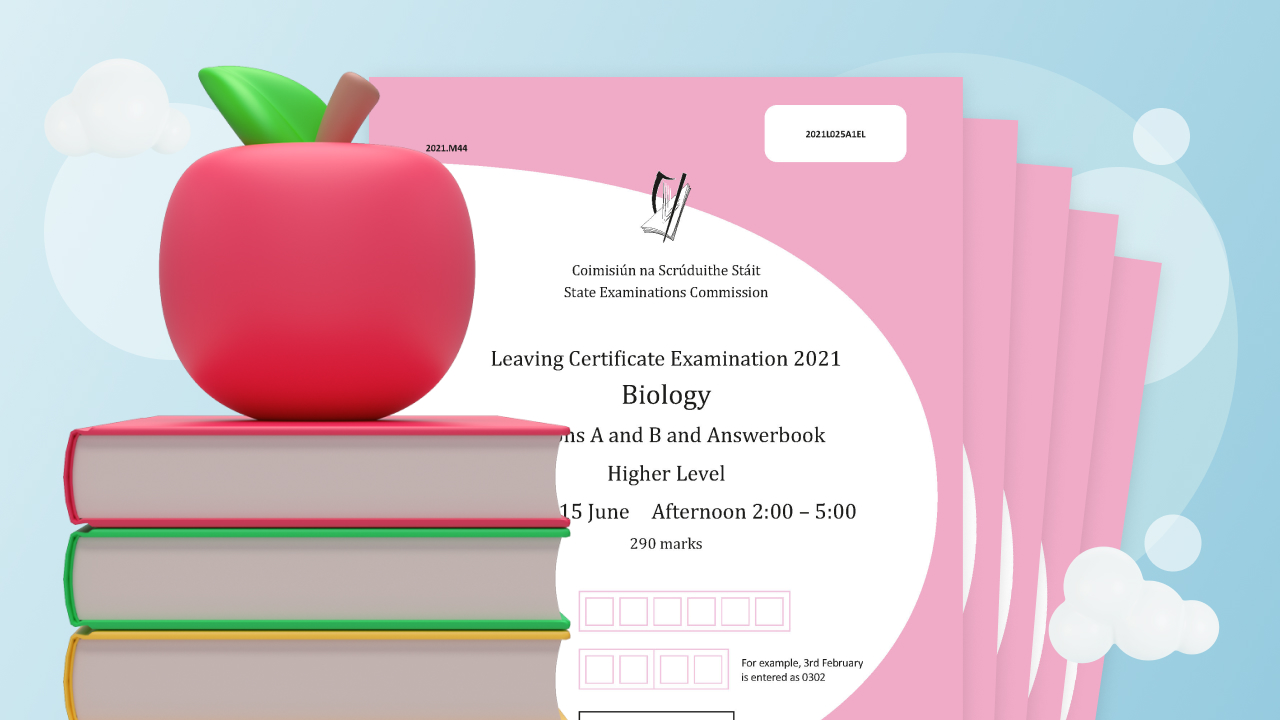Italian - Higher
A popular foreign language at LC, it tests your aural, oral, written and comprehension skills.
Many students forget to prepare for the Listening Comprehension (aural) exam which takes up the first 40 minutes of the exam – however, you can find all the past recordings along with questions and answers in the Studyclix Aural topics.
Higher Level Course Content
- AURAL - Conversations
- Aural - News items/statements
- Essay Writing (A ciascuno)
- Essay Writing (Bianca)
- Oral
- Reading Comprehension (A ciascuno...)
- Reading Comprehension (Bianca...)
- Reading Comprehension (Journalistic)
- Reading Comprehension (Literary - Unseen)
- Written Composition - Formal
- Written Composition - Guided
- Written Composition - Opinion Piece
Ordinary Level Course Content
- Ads - Competitions
- Ads - General Advertisements
- Ads - Job Advertisements
- Ads - Rules/Safety Instructions
- Ads - Special Offers/Occasions
- AURAL - Conversation
- Aural - News items/statements
- Reading Comprehension
- Writing - Correct order
- Writing - Dialogue
- Writing - Fill in a form
- Writing - Informal letter
The Exam
Higher level:
- Oral Exam (25%)
- Listening Comprehension (20%)
- Reading Comprehension (30%)
- Written Exam (25%)
Ordinary level:
- Oral Exam (20%)
- Listening Comprehension (25%)
- Reading Comprehension (40%)
- Written Exam (15%)
Future Careers
Having one foreign language is a requirement for hundreds of CAO courses so it is unwise to drop your language unless you are certain it will not make you ineligible for a course you may choose in the future. Italian is useful for travel and a wide variety of careers such as Teaching, Translating, EU-related jobs, Business, Media and Politics.
Download the Leaving Cert Italian Syllabus
Download the Leaving Cert Italian Chief Examiner's Report(2016)
Download the Leaving Cert Italian Teacher Guidelines
Higher Level Italian - Exam Advice
1. The reading comprehensions
Section A – The Journalistic Passage Comprehension : This means that the text is either a newspaper or a magazine article. The topic of the journalistic comprehension is therefore rather ‘current’ and unseen, as opposed to topics dealt with in literary comprehensions. This section often has a TITLE that you must read and try to understand as it will give you a hint regarding the contents of the text.
There are 5 questions to answer : 4 in Italian and the 5th one in English/Irish.
Answering question 5 – Question N° 5 is the ONLY question that you must answer in English. There is one in each comprehension. This question is based solely on the text and the understanding you have of it. The question is designed to show the examiner that you understood the gist of the text.
The question will refer to a particular aspect of the text, on which you have to give your opinion, based on the text i.e. any statement you make must be taken from the text (no personal opinions allowed). You generally have to make 2 Points, which means 2 statements in English, based on what you understood, followed by 2 quotes from the text ‘to justify your answer’.
Try to organize your answer logically :
- Statement in English (5 marks)
- Quote in Italian to prove your point
- Statement in English (5 marks)
- Quote in Italian to prove you point
Section B – The Literary Passage : This section is quite varied depending on which answer you choose to do. There are 3 possible options and you only choose one. The first option (1) is always an unseen literary passage, followed by questions to test your comprehension, much like in Section A. The second option (2) is a literary passage from a prescribed novel that you'll have studied in class. There are only 2 possible novels you can study and a passage from both will appear on the paper. If you choose to do Question 2, just answer the question on the novel that you studied.
Section C – Essay on the Prescribed Text : This section, if you choose it, requires you to write a short essay of your choice from a selection of 2 essay titles within the novel that you studied. Choose one title and make at least three relevant points within the essay.
Remember Always keep 10 minutes at the end of the exam to go over your written work and check:
- verb endings
- tenses
- plural / feminine agreements (adjectives, past participles, nouns...)
- spelling



